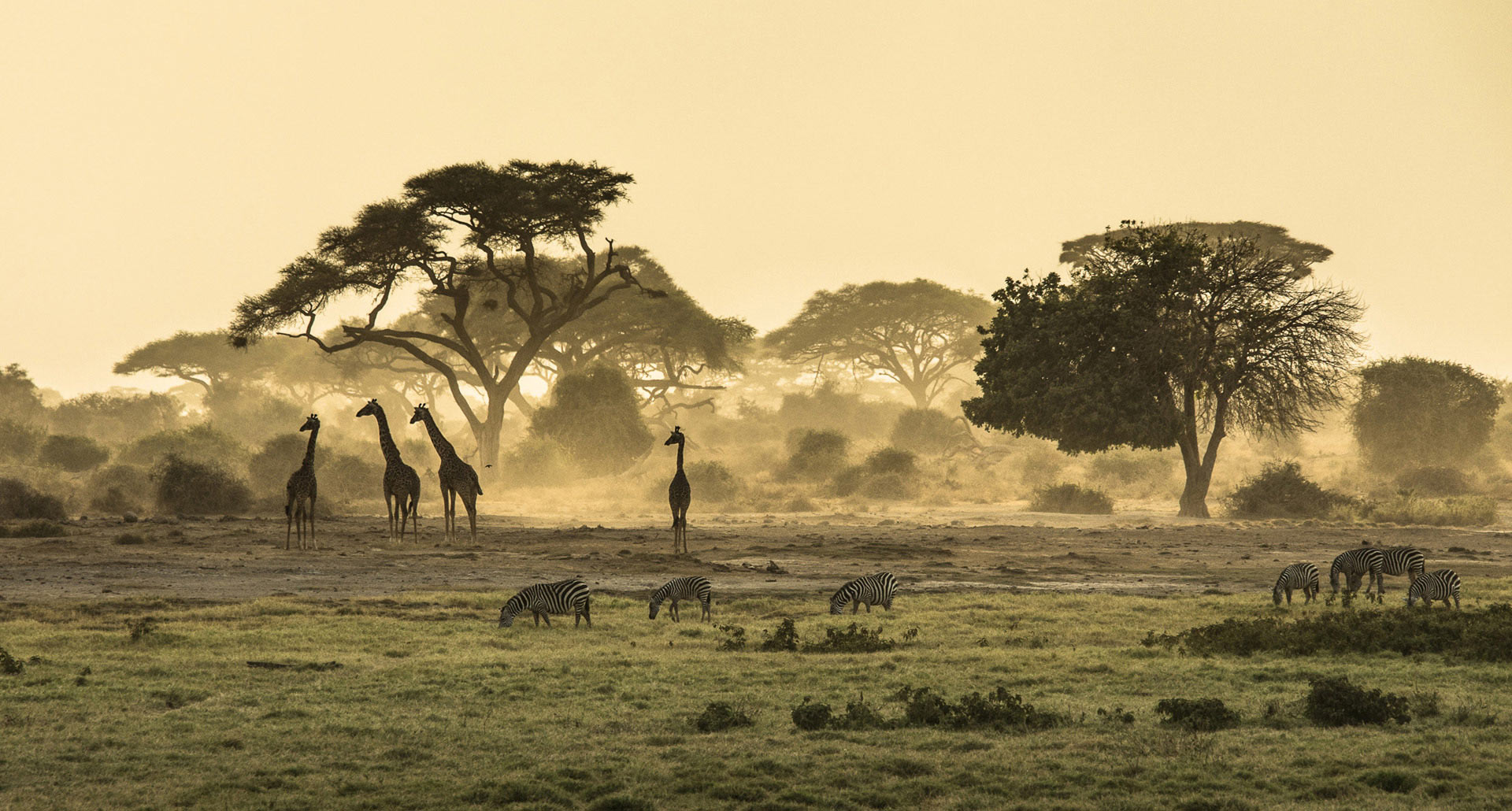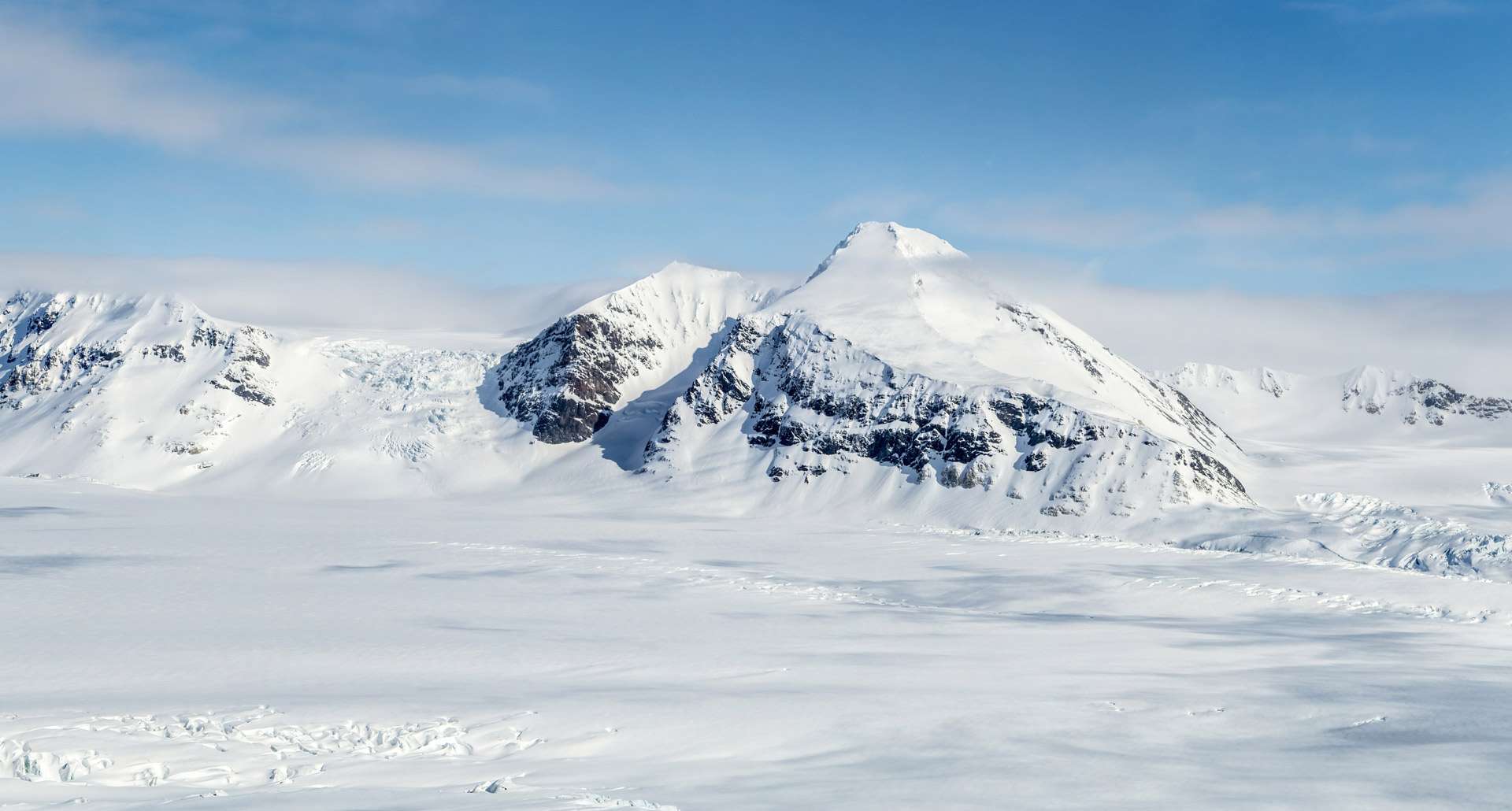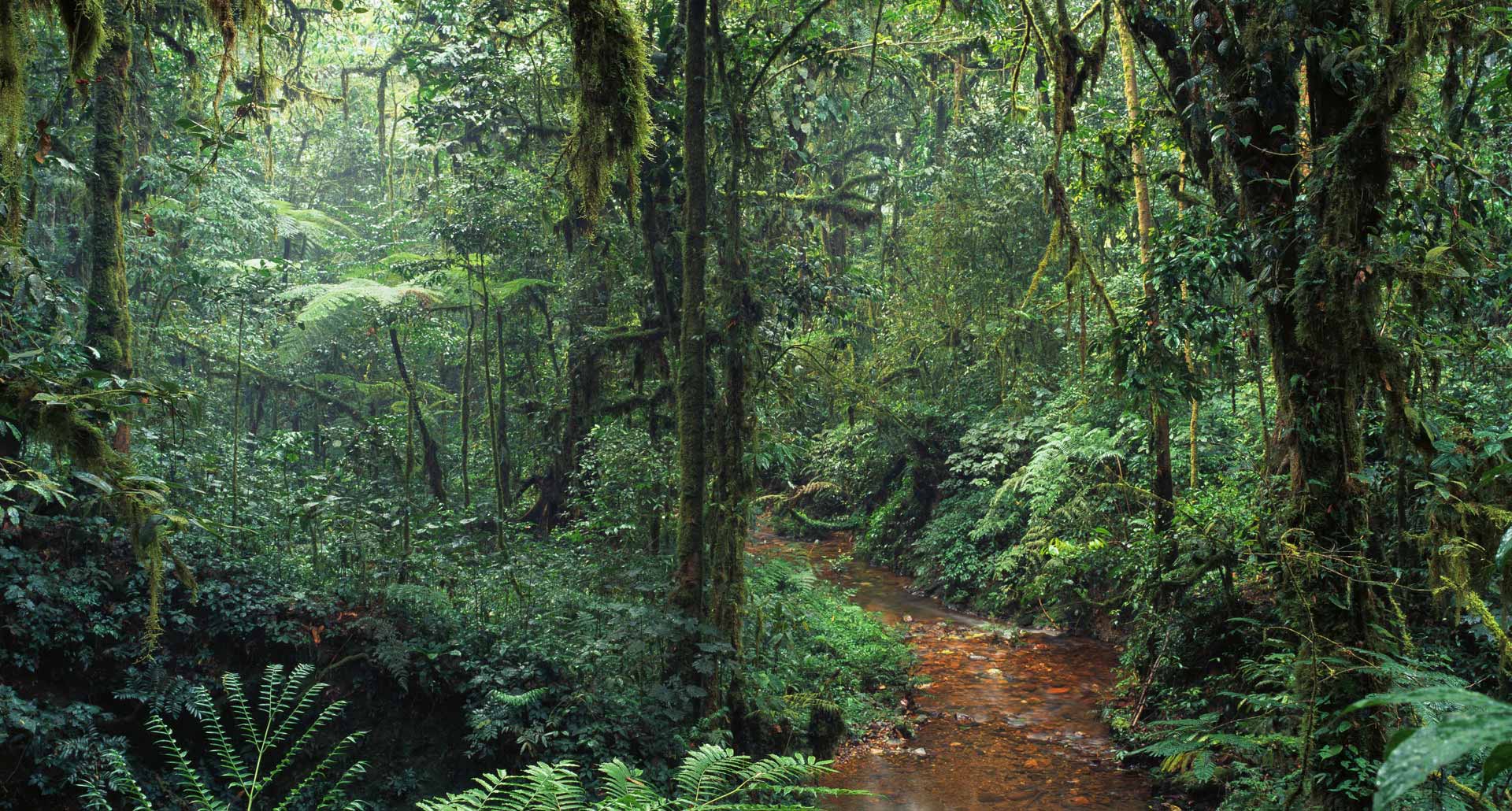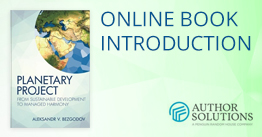HUMANITARIAN ISSUES
The hegemony of man as the superior species on Earth, which people were dreaming of in the 19th and 20th centuries, does not excite the same optimism anymore. The dream seems to have come true but what are the results of it being fulfilled? How grounded have the hopes and expectations of progressive thinkers, scientists, explorers and astronauts turned out to be in the early 21st century? Global human claims and ambitions, pursuit of global power have turned out into global problems. Today, one can hardly name a single sphere of social activity that would be free of these problems.
We have not been able to tame nature, we have just learned how to steal resources from it and sew destruction and do harm to it in return. Occasionally, nature reminds us who the master of the house is when it destroys people and their creations including engineering wonders and symbols of economic might.
We have not been able to control ourselves either. The geopolitical balance all developed countries have tried so hard to achieve since the Second World War through mutual concessions, checks and balances suffered a deep crack in the early 1990s. The current situation resembles the Middle Ages. The triumph of culture built on the ideals of humanism, which was about to be proclaimed some time ago, now seems a sad illusion. The disparity between the first, second and third worlds is setting the agenda today. This disparity is cultural as much as it is economic. Such is the difference between the worldview of the national elites of the North and the South, of the East and the West. Universal human values and human rights have not become universal yet.
There are no real solidarity or spiritual unity even within the same society. Social unity has proved to be easier to imitate using coercion and manipulation, the magic of illusion and the swoon of myth rather than with natural means. Symbols of faith of the past and the future, current achievements and the authorities of previous eras, resources of rationality and the dark forces of the unconscious have clashed in fierce combat.
It is hard to see behind the ideological fronts of political antagonism, opposition of cultures, ethnic groups, nations and individual people real economic causes. On the contrary, it has become so easy to see competing ideologies that supporters of different values (national, social, legal, religious) that trigger the mechanisms of particular social, economic, political or personally motivated activity.
We are ready to fight for what is dear to us or step back to keep what is even more special. Over the last hundred years, science, technology and the industry have completely changed the world. More has been done in terms of material base or infrastructure than in the entire history of mankind before that. However, we cannot say the same thing about a humanitarian leap of the same dimension: people have not become humanity in the sense of a single subject of planetary development. Behavioral motivation, decision making, inference building or emotional processes have not changed. We call values those desires and fears that rule over us; most of them have long conquered our soul.
The images of peace, notions of good and evil, goodness and truth, right and justice, man and God, sense and absurdity, beauty and ugliness, horror and joy are the emotions and energies that make us act how we act. All of this can be combined under humanitarian issues.
In this section of the Planetary Project website we will be discussing humanitarian problems of the modern world from the perspectives of science, culture, politics, and everyday life, as well as rational and irrational thinking.









